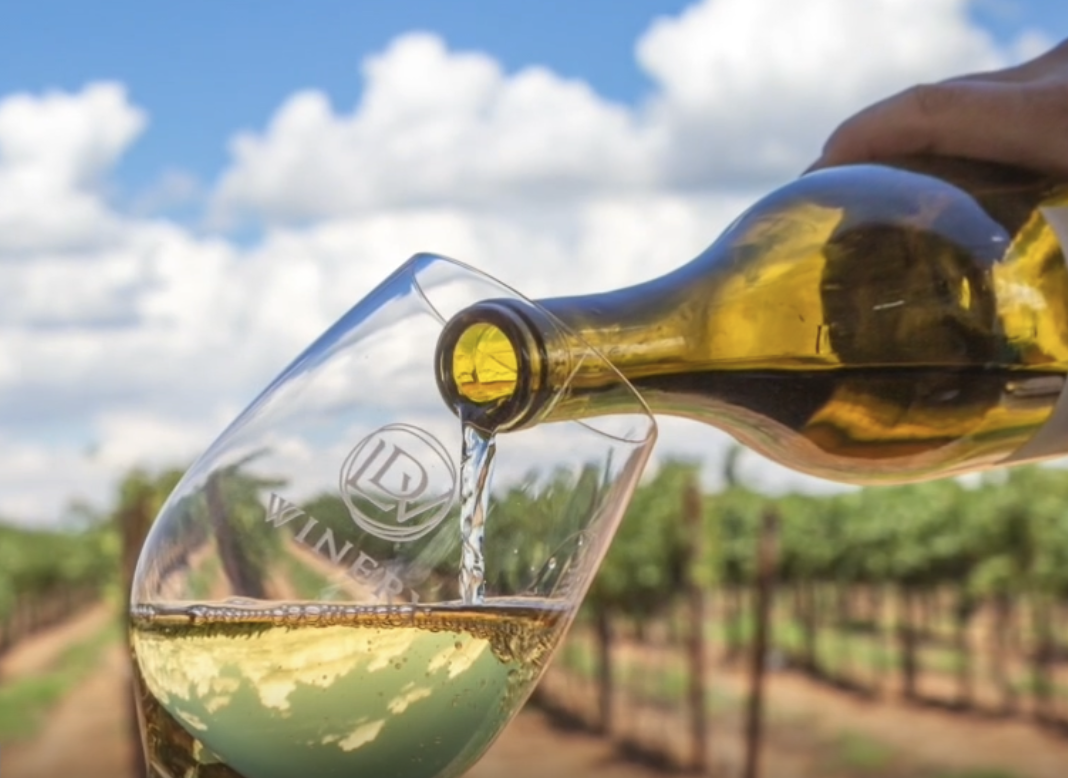SCOTTSDALE, AZ — From grape to glass, LDV Winery's wine is distinctly Arizonan, but despite handling the majority of its business locally, tariffs are still impacting the Scottsdale winery.
"We grow all of our own grapes, we make our own wine, we bottle our own wine, we cork our own wine, we label it, we package it, and we transport it, and all of those things have different layers of potential tariff issues," said winemaker Curt Dunham.
At the end of July, the Trump Administration announced a trade agreement with the EU imposing a 15% tariff on many products sold to the US beginning on Friday, August 1, including on wine. However, the two sides haven't yet signed key documents needed for the deal to go through.
On paper, tariffs on imported European wines seem like they’d be a win for local wineries because foreign wines will cost more, but Dunham says his business is impacted in other ways.
“We just bought some corks from Portugal. We paid a 9% tariff on that,” Dunham said. “The glass...which is a very expensive part of our business, because all the glass manufacturers have left the United States. So basically, our alternatives are Mexico and China.”

Do you have a concern in your community or a news tip? We want to hear from you!
Connect with us: share@abc15.com
Co-owner Peggy Fiandaca also noted that since wine is a luxury for many consumers, the higher prices may not drive them to shop local.
“If someone wants a Bordeaux, they’re still going to buy it,” Fiandaca said. “Maybe not ten cases — maybe five — but they’ll still buy it.”
Fiandaca is hopeful that tariffs will shine a light on the need to support Arizona-grown products.
“From an economic standpoint, to buy local and what it does to help to support a local producer like us," she said.
While rising costs may impact their overall profits, Dunham says, don’t expect immediate sticker shock.
"Most of our product is already produced, pretty much. And so we're selling out of current stock," he explained. "That'll be three or four years down the road before we have to purchase bottling materials and corks and labels, and who knows what the heck we're going to be dealing with in three or four or five years."





